Taxotere Hair Loss Lawsuits
The Driscoll Firm, LLC, is working to assist women who are dealing with permanent alopecia (hair loss) after using the chemotherapy drug Taxotere as part of cancer treatment. Hundreds of Taxotere lawsuits have been consolidated as multi-district litigation (MDL). Affected women may join them as settlement negotiations move forward, or may initiate their own lawsuits.
Temporary hair loss commonly occurs during chemotherapy. But plaintiffs in Taxotere lawsuits say the drug is more likely than other chemo drugs to cause permanent hair loss.
Permanent hair loss has been primarily identified as a side effect of using Taxotere in breast cancer treatment. However, Taxotere is also approved as a chemotherapy drug for:
- Non-small cell lung cancer
- Advanced stomach cancer
- Head and neck cancer
- Metastatic prostate cancer
If you have suffered continued hair loss after chemotherapy, contact The Driscoll Firm today for a free consultation about your legal options.

What Is the Taxotere Chemotherapy Drug?
Taxotere (docetaxel) is a chemotherapy drug usually administered to patients intravenously (IV) over one hour every three weeks. It is manufactured and distributed by Sanofi-Aventis and related companies. The Food and Drug Administration (FDA) approved Taxotere for the U.S. market in 1996.
Like other types of cancer treatments, Taxotere fights cancer by preventing cancer cells from spreading. Docetaxel is known medically as a “microtubule inhibitor,” which means it binds with and disrupts microtubules, proteins crucial for the reproduction of cancer cells. This eventually causes cancer cells to die.
In December 2015, the FDA required the makers of Taxotere to add a warning to package labels under “Adverse Reactions,” that said, “Cases of permanent alopecia have been reported.”
Side Effects Experienced by Taxotere Chemo Patients
Like other chemotherapy drugs, Taxotere may cause numerous side effects. These include:
- Fluid retention with weight gain, swelling of the ankles or abdominal area
- Peripheral neuropathy (numbness in your fingers and toes)
- Nausea
- Diarrhea
- Mouth sores
- Hair loss
- Fatigue and weakness
- Infection
- Nail color changes
- Vomiting
- Muscle/bone/joint pain (myalgias and arthralgias)
- Low platelet count (which can increase your risk of bleeding)
- Increases in blood tests measuring liver function
- Allergic reactions (rash, flushing, fever, lowered blood pressure)
- Infusion site reactions (darkening of the vein, inflammation, redness or dryness of the skin, or swelling of the vein)
However, these side effects are generally mild and resolve themselves after use of Taxotere ends.
The primary problem with Taxotere is that hundreds of women have reported that their chemotherapy-related hair loss has not resolved. Some Taxotere patients develop permanent hair loss.
How Do I Recognize Permanent Hair Loss Due to Taxotere?
During chemotherapy, it is not unusual for cancer patients to lose their hair. Hair may come out in patches, become brittle and break off, or become noticeably thinner as it falls out. In rare cases, cancer patients lose all scalp and body hair.
Usually, hair grows back after the end of chemotherapy. It may take several months, but signs of growth should appear over a few weeks.
In about 10 percent of cases, hair loss is permanent after chemotherapy. Permanent hair loss is more likely among people who:
- Have a family history of the condition.
- Have had alopecia areata before puberty or for longer than one year.
- Have another autoimmune disease.
- Are prone to allergies.
- Have extensive hair loss.
- Have abnormal color, shape, texture or thickness of the fingernails or toenails.
Permanent alopecia areata cannot be reversed.
If your chemotherapy drug was Taxotere (docetaxel) by Sanofi-Aventis and you do not have other medical conditions that indicate a propensity for permanent hair loss, it is likely that Taxotere caused your condition.

How Lawyers From The Driscoll Firm Can Help
If you have suffered permanent hair loss due to the use of Taxotere to treat breast cancer or another form of cancer, you may be able to obtain compensation for your pain, suffering and other losses. The Driscoll Firm can help you obtain medical records to establish your case and either join your case to ongoing litigation or initiate a legal claim on your behalf.
In October 2016, dozens of Taxotere claims were transferred to the Eastern District of Louisiana as part of multi-district litigation. An MDL combines similar cases geographically to coordinate proceedings and conserve resources of parties involved in the suits. The MDL order also established a committee to negotiate a settlement to the combined lawsuits.
When large product liability lawsuits, like the Taxotere MDL or class-action lawsuits, are settled, provisions are made for additional plaintiffs to agree to the settlement and join the claim. The Driscoll Firm will be able to advise you about the terms of the offer and/or settlement of the Taxotere MDL or any other related litigation, and the options available to you.
The decision of whether to accept a settlement is always the client’s to make. There are pros and cons to joining litigation or pursuing an independent claim, which depend on the circumstances of your case. The Driscoll Firm can fully explain these to you.
Contact Us About Taxotere Chemo-Related Hair Loss Today
The Driscoll Firm has helped thousands of clients from across the country obtain compensation in defective medical product lawsuits. Our lawyers have helped to lead numerous cases, including serving as class counsel, state liaison counsel and on committees of lawyers in charge of making key decisions about how a case proceeds.
Contact The Driscoll Firm for experienced legal advice today in a free and confidential initial consultation.
Sources:








